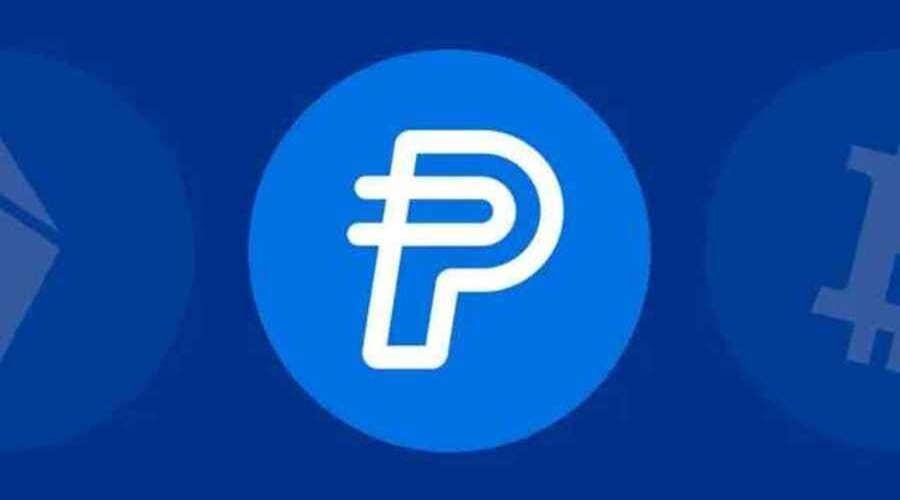Crypto has come a long way over the past decade, and if you had to define where in its history we are right now, one possible answer would be that we’ve entered a validation phase. By which, what’s meant is that major names from traditional finance and fintech are not only acknowledging the value of crypto but are actively moving to incorporate it into their products and portfolios.
This was apparent when BlackRock (along with several competitors) filed with the SEC to launch a spot Bitcoin ETF, with CEO Larry Fink last month publicly stating, “If we can create more tokenization of assets and securities–that’s what bitcoin is–it could revolutionize finance,” while he also spoke of crypto as “digitizing gold,” statements that would have been unthinkable not so long ago (Fink described Bitcoin as an “index of money laundering” in 2017.)
And, this validation and mainstreaming of crypto is clear when we take a look at PayPal, and the launch this month of its new stablecoin, PayPal USD (PYUSD).
What Is PYUSD?
A stablecoin refers to a crypto token that is pegged to a real-world physical currency, most commonly, and in PayPal’s case, the US dollar. From the crypto world, stablecoins are, arguably, the product with the most obvious immediate utility: a USD stablecoin can simply be treated in exactly the same way as an actual dollar, but it exists on a blockchain.
Stablecoin market capitalizations, chart from CoinGecko
PayPal’s product, PYUSD, is fully backed by physical assets, dollar deposits, US Treasuries, and cash equivalents, meaning that for every PYUSD issued, equivalent value exists in the real world. PYUSD is issued by the blockchain infrastructure firm, Paxos, which formerly minted Binance stablecoin BUSD, and issues its own stablecoin, Paxos Standard, and PYUSD is an ERC-20 token, which is a fungible token on the Ethereum blockchain.
PYUSD can be bought through PayPal, but it can also be transferred to external, self-custody crypto wallets such as MetaMask, creating a firm link between the crypto or Web3 ecosystem, and the standard payment networks of which PayPal is a component, and integration with Venmo is also planned.
Regarding this connection between traditional assets and digital currencies, Dan Schulman, the current President and CEO of PayPal,…
























